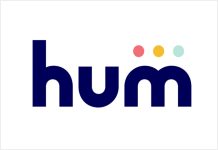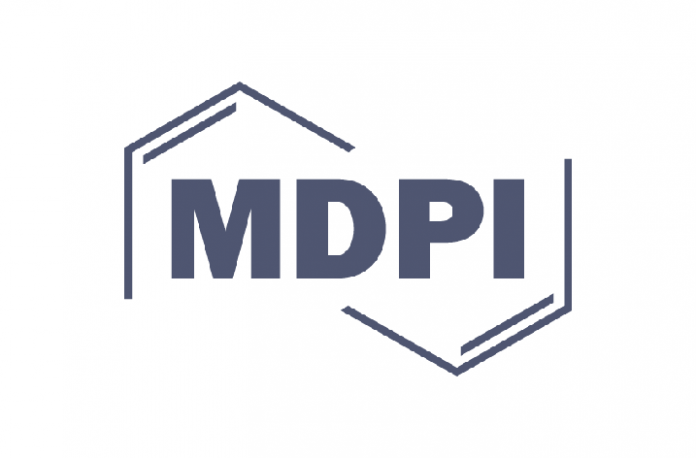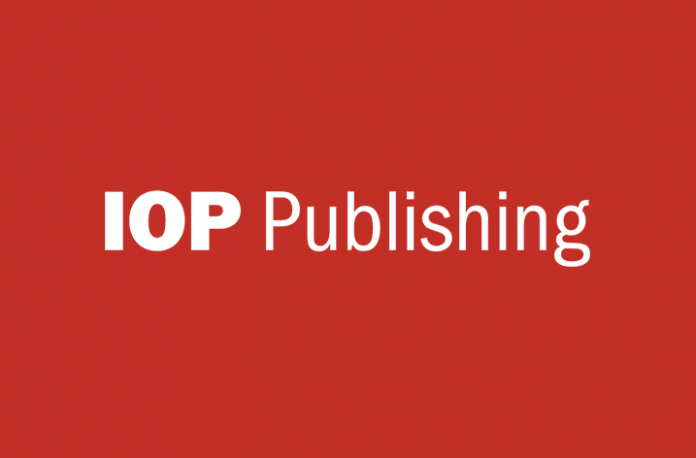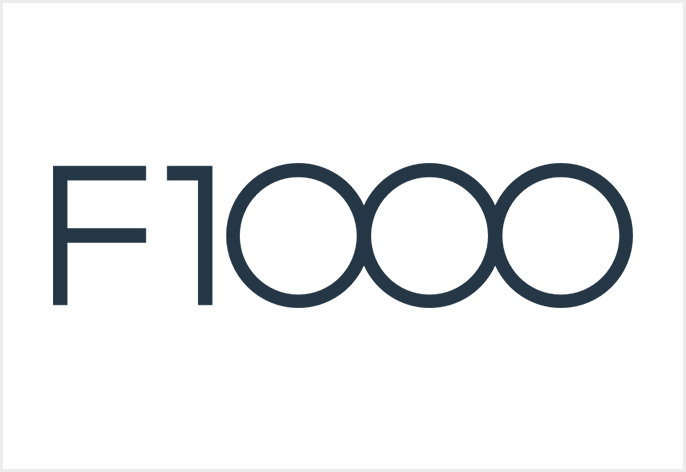At the Microbiology Society, our vision is a world in which the science of microbiology provides maximum benefit to society. Reflecting the vast diversity of microbes, the wide array of fields of microbiology research intersect with many other disciplines across the natural and social sciences.
Our understanding of microbiology and its application is imperative for tackling some of the greatest challenges facing humanity, from the threat of emerging diseases and antimicrobial resistance, to food security and the energy transition. We recognise that these challenges cannot be tackled without cooperation and that microbiology research must be strong, diverse, and vibrant to do so.
In the 80 years since its founding by visionary microbiologists including Alexander Fleming and Marjory Stephenson, the Society has bought together groups of microbiologists for knowledge exchange and collaboration.
This founding ethos remains central to our work today, and we are launching a new journal – Microbiology Outlooks – to help realise the Society’s vision by facilitating discussion and collaboration between researchers across all disciplines of microbiology, policymakers, and practitioners, so that our growing understanding of microbes can be applied in ways that bring public benefit and impact to society as a whole.
Joiningour six established and successful titles, Microbiology Outlooks will publish authoritative reviews and forward-looking perspectives across the breadth of microbiology. Published articles will provide timely overviews of important topics and discuss the direction of future research and the wider impact of the science of microbiology and its application. While most articles may be commissioned, we welcome concept proposals for reviews, perspectives, and commentaries for further consideration.
The Microbiology Society’s President, Professor Gordon Dougan FRS, said: “The launch of Microbiology Outlooks further demonstrates the success of our portfolio as home to a huge variety of research from across the breadth of microbiology and virology, all rigorously peer reviewed and edited by experts in our community. Whatever your specialty and whatever your career stage, the Microbiology Society welcomes your research in one of its journals.
What is exciting about Microbiology Outlooks is how it will increase the impact that the science of microbiology can have in society by publishing overviews of important topics and discussing the direction of future research.
With the launch of Microbiology Outlooks, the Society is growing its portfolio, and as a not-for-profit publisher, this means it can further invest in the microbiology community. By submitting to our titles, you have provided vital support for us to provide events, grants, and professional development for microbiologists at all career stages.”






























